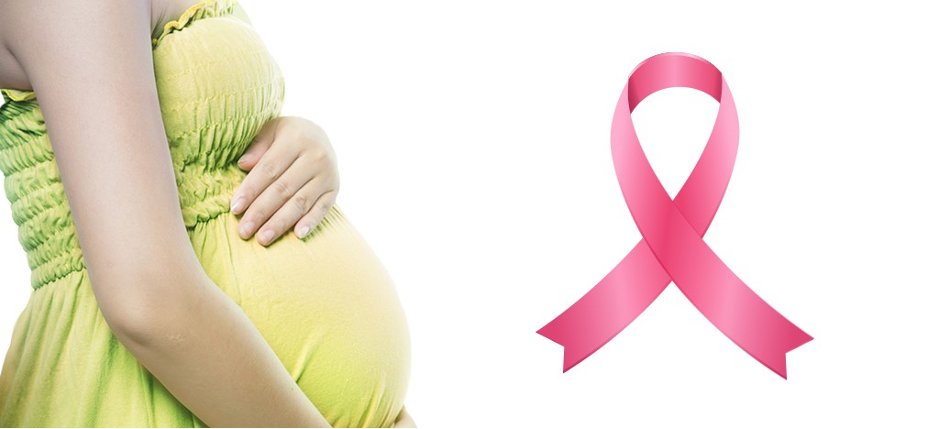Breast Cancer & Pregnancy
Breast cancer in pregnancy is rare, affecting 1 in 3000 women but it is probably the most common malignancy in pregnant women.
It’s difficult to detect breast cancer in pregnant or nursing mothers, mainly because breasts tend to swell and are tender due to natural hormonal changes. However, if you notice any unexpected changes, especially the ones listed below, talk to your doctor.
- A lump or thickening in or near the breast or in the underarm area.
- A change in the size or shape of one breast.
- A dimple or puckering in the skin of the breast.
- A nipple turned inward into the breast.
- Fluid, other than breast milk, from the nipple, especially if it’s bloody.
- Scaly, red, or swollen skin on the breast, nipple, or areola (the dark area of skin around the nipple).
- Dimples in the breast that look like the skin of an orange.
Treatment Options
It’s extremely important that your treatment follows a multidisciplinary approach, involving the gynaecologist, breast surgeon, oncologist and radiologist – a specialist team who can give you the best options.
There are several treatment options available to women who are pregnant. Importantly, treatment should not be delayed. Most women will be treated according to the usual guidelines, with the added focus on protecting the foetus.
Most women carry on with their pregnancies once diagnosed with breast cancer and will give birth normally.
However, if the disease is at an advanced stage or diagnosed very early on, the medical team will discuss options with you.
Surgery
The breast surgeon will discuss all the options available to you. Surgery and axillary surgery can be carried out at any stage in pregnancy:
- the most common is removal of the lump (lumpectomy); some of the lymph nodes in your axilla (armpit) may also be removed
- removal of the breast (mastectomy).
Reconstructive surgery is not offered until after the baby is born, giving time for hormonal changes to settle down.
Radiotherapy
This is usually delayed until after your baby is born.
Chemotherapy
Chemotherapy is not given during the first trimester (12 weeks) of pregnancy. This is the time when the baby’s organs are developing which poses the risk of abnormalities. Treatment in the second trimester is considered safe and you may be offered chemotherapy depending on your type of breast cancer.
Hormonal drugs, given after the first treatment will be delayed until after your baby is born.
Breast Feeding
Breast feeding following surgery or radiotherapy to one breast may not be possible, however this will not affect breast feeding from the non-affected breast. Breast feeding does not affect the chance of breast cancer recurrence.
Future pregnancies
The recommendation is to wait two years between ending treatment and future pregnancies and this is mainly because there are higher chances of recurrence of all breast cancers within 2 years.
If you have been recently diagnosed and wish to have a baby in the future, you can discuss your treatment options with your doctor. It may be possible for your oncologist to choose chemotherapy drugs which can be less harmful to your fertility. You may also have the option to freeze your eggs or embryos prior to starting treatment.
Being diagnosed with breast cancer while pregnant is distressful. Your medical team will ensure that neither the medications used nor surgery will harm your baby. Importantly, most women who become pregnant after breast cancer treatment go on to have healthy babies.
By Dr Marek Ostrowski, MD PhD FEBS (Breast)

